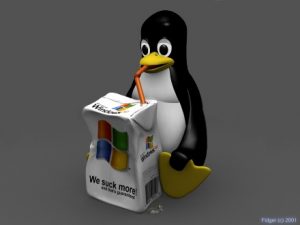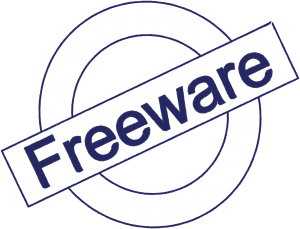Free software, open source software, and freeware are three terms that are frequently used interchangeably. We often think that all of these mean, essentially, the same thing – software you get online that you do not have to pay for. However, this is not the case and here’s why.
Free Software
While the word ‘free’ is in the title, it refers to the freedom of handling the software and not its price. In other words, free software isn’t necessarily free and should not be treated as such. Because of this and the confusion that sometimes arises as the result of the name, some people call it libre software.

Now, what is it? It is the software you are welcome to use, study, and modify without any restrictions once you acquire it. You are allowed to enhance it and share it with a community. You can also copy and redistribute it, though in some cases there are a few limitations. Typical licenses that go with this type of software are the GNU General Public License v2, the MIT License, and others. In case you were wondering what types of software usually come in this form, Linux is one of them.
Open Source
Open source software is very similar, but by no means identical to free software. Open source software is any type of software with a code that is accessible to anyone. It can be freely distributed and modified.  What makes it different from free software, then? Well, free software is more about the philosophy of providing the public with a product along with the schematics of how it works and allowing people to make it better. Open source, on the other hand, is the term used in practical, business settings. Specifically, it shows how communities and businesses can collaborate to come up with the best software solutions by using the same licenses as free software. VLC Media player, for example, is open source software.
What makes it different from free software, then? Well, free software is more about the philosophy of providing the public with a product along with the schematics of how it works and allowing people to make it better. Open source, on the other hand, is the term used in practical, business settings. Specifically, it shows how communities and businesses can collaborate to come up with the best software solutions by using the same licenses as free software. VLC Media player, for example, is open source software.
Freeware
This is a type of software you can download and distribute for free. It comes with EULA, or End User License Agreement. However, you must be careful with the copyright licenses and the law before trying to modify any part of the software. Just because it is free to use does not mean that it is free to be tampered with, like Skype.
Confused?

It is natural to feel like this cleared up almost nothing, but let us simplify things a bit. Freeware is free to get – you don’t buy it, but you are generally not allowed to see how it works from the inside. Both free software and open source software are free to tweak, but you might be required to purchase the product before you can use or modify it.
The confusion stems from the fact that there is a lot of overlap between these terms and many products fall into all three categories. Take, for example, Mozilla Firefox, a popular internet browser. It is freeware, which means you can download it for free. You are allowed to modify it for personal use and set it up just the way you like it, which is what makes it free software. You can also collaborate with different communities in order to come up with a new and improved version of the product that is going to be the next standard, making it open source.
